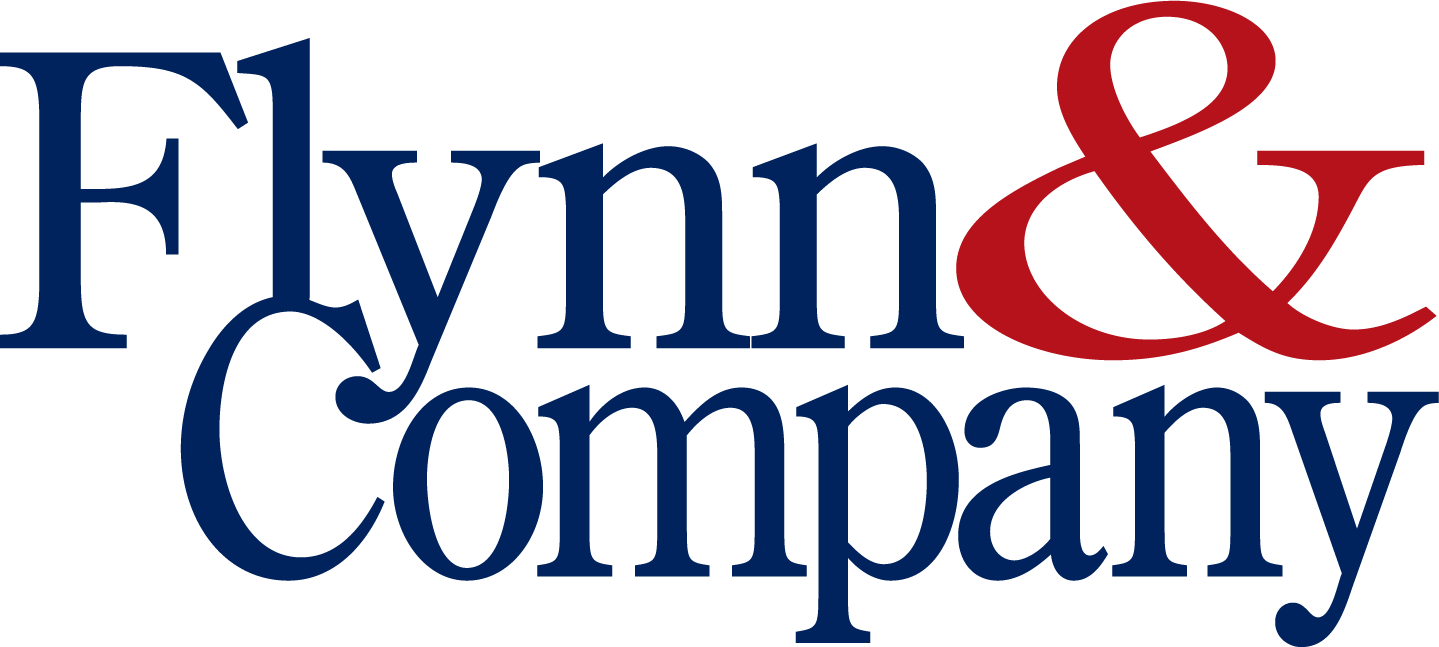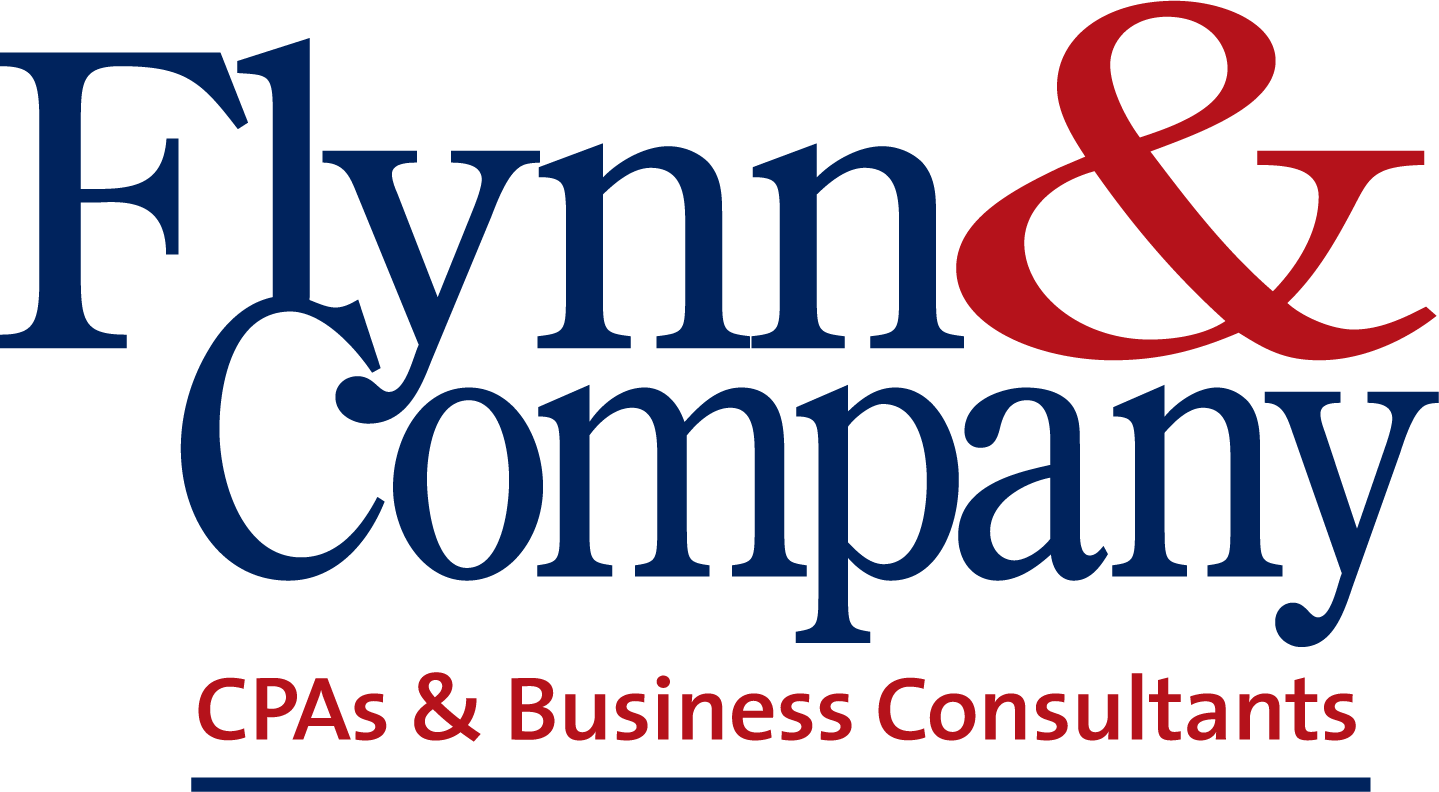Employee Benefit Plan Audit - 401(k) Audit
It can be hard to ensure your business remains compliant with every federal and state regulation. When it comes to your offered employee benefits, how do you know everything aligns with current guidelines? Has your business considered completing an employee benefits audit?
In the content below, we define a 401(k) employee benefit plan audit, discuss the importance behind one, and explore when a business needs to have it completed.
What Is a 401 (k) Employee Benefit Plan Audit?
An employee benefits audit’s main objective is to gather and reveal useful information to assess your company’s current offered plan. Additionally, the audit helps determine your future ability to pay for employee benefits.
Who Conducts One?
In most cases, a 401(k) employee benefit plan audit requires the participation of multiple parties to ensure accuracy and authenticity throughout the financial reporting process. As a result, this audit involves the work of the plan sponsor’s financial accounting and human resources department along with:
- A third-party administrator
- Investment trustees
- Custodians
- An actuary
- ERISA legal counsel
- An independent auditor
The Importance of a 401(k) Employee Benefit Plan Audit
It is imperative that you follow the necessary steps to accurately conduct a 401(k) employee benefit plan audit as the plan’s financial reporting and audit environment are considerably complex and unique. For example, this audit involves a detailed report that detects compliance infringements regarding:
- The Department of Labor (DOL) guidelines
- Internal Revenue Service (IRS) regulations
- Various state and federal laws
- Special reporting forms and procedures
- Audit requirements
Additionally, other possible complicating components are plan documents, plan mergers, freezes or terminations, and changes in service organizations. In the event your business fails to complete and submit the audit or does not opt to hire an independent accounting firm to perform one on your behalf, you could face serious penalties.
When to Conduct a 401(k) Employee Benefit Plan Audit
With a greater understanding of 401 (k) employee benefit plan audits, are you wondering if your business is required to conduct one? Again, as required by the Department of Labor (DOL) and the Employee Retirement Security Act of 1974 (ERISA), a 401(k) employee benefit plan audit must be completed by any and all organizations exceeding 100 employees. To remain compliant, you must conduct the audit once a year. It is also part of the plan sponsor’s obligation to file a Form 5500.
What Is ERISA?
Essentially, the Employee Retirement Security Act of 1974 is a federal law establishing minimum standards for most retirement and health plans in the private industry. The main objective of this law is to protect both individuals and their benefits. As a result, the law implements rules for qualified plans to follow, ensuring that plan fiduciaries diligently allocate plan assets.
Additionally, ERISA requires benefits plans to properly inform participants of any plan features and funding, free of charge. The detailed funding rules require plan sponsors to provide adequate funding for the selected benefits plan. Furthermore, the law defines the length of time in which an employee must work before qualifying for plan participation, accumulating employer benefits, and obtaining non-forfeitable rights to those benefits.
It is important to note that ERISA typically excludes plans established or maintained by government entities, churches for their employees, or plans maintained solely to comply with applicable workers compensation, unemployment, or disability laws.
Begin Your 401(k) Employee Benefit Plan Audit with Flynn & Company
We understand the importance of conducting a thorough and comprehensive 401(k) employee benefit plan audit. At Flynn & Company, we design our 401(k) audit strategy around the size and nature of our client’s business. Our audit methodology has been developed using a risk-based approach. Since all organizations are unique, very few audits can be performed using identical work plans. As a result, our audit process provides a means so that audit effort is placed where audit risks and significance are the greatest.
As business consultants and CPAs, we bring a wealth of experience navigating complex business challenges – from financial assistance and succession planning to business valuation and multi-state employment guidance. We are poised to guide businesses through successful decisions, transitions, and growth.
Do you have additional questions about our services? We are ready to help! Contact us today at (513) 530-9200 or via our online form to begin a conversation.
Headquarters
7800 E Kemper Rd #150
Cincinnati, OH 45249
P: (513) 530-9200
F: (513) 530-0555
Quick Links
Website & Accountant SEO by: RivalMind





